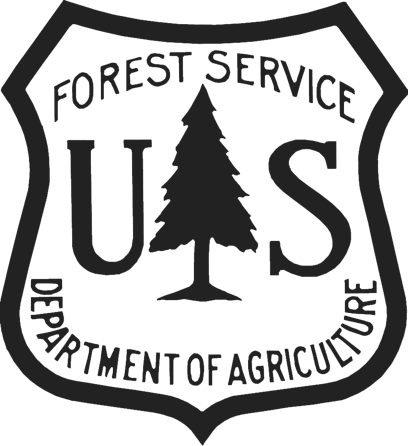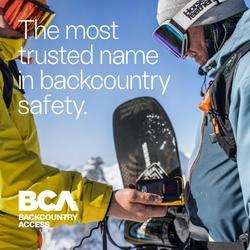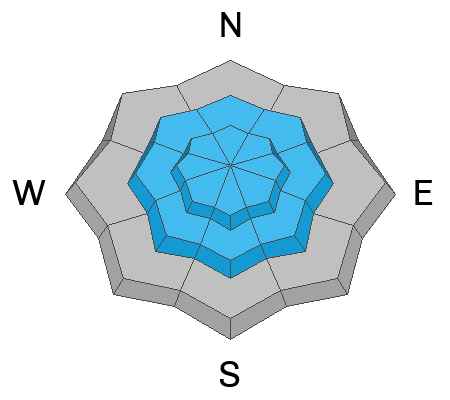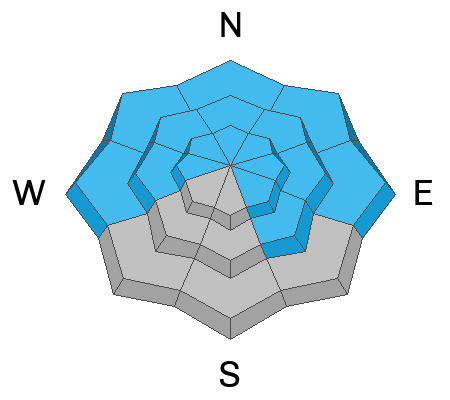Forecast for the Logan Area Mountains

Issued by Paige Pagnucco on
Sunday morning, January 7, 2024
Sunday morning, January 7, 2024
The avalanche danger will rise to CONSIDERABLE today as more snow falls and winds shift to the northwest. Natural avalanches are possible in upper-elevation terrain where wind-drifted snow is overloading widespread weak surface snow. Human-triggered loose snow avalanches are also possible.
Careful snowpack evaluation, cautious route finding and conservative decision making are essential today as the avalanche danger slowly increases.
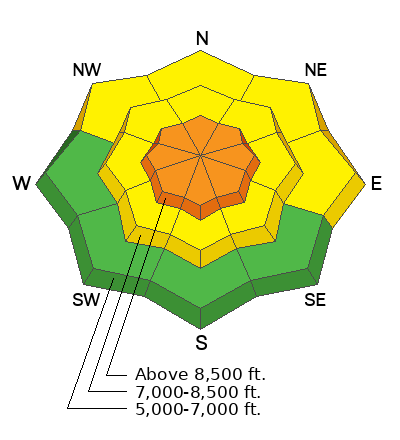
Low
Moderate
Considerable
High
Extreme
Learn how to read the forecast here


